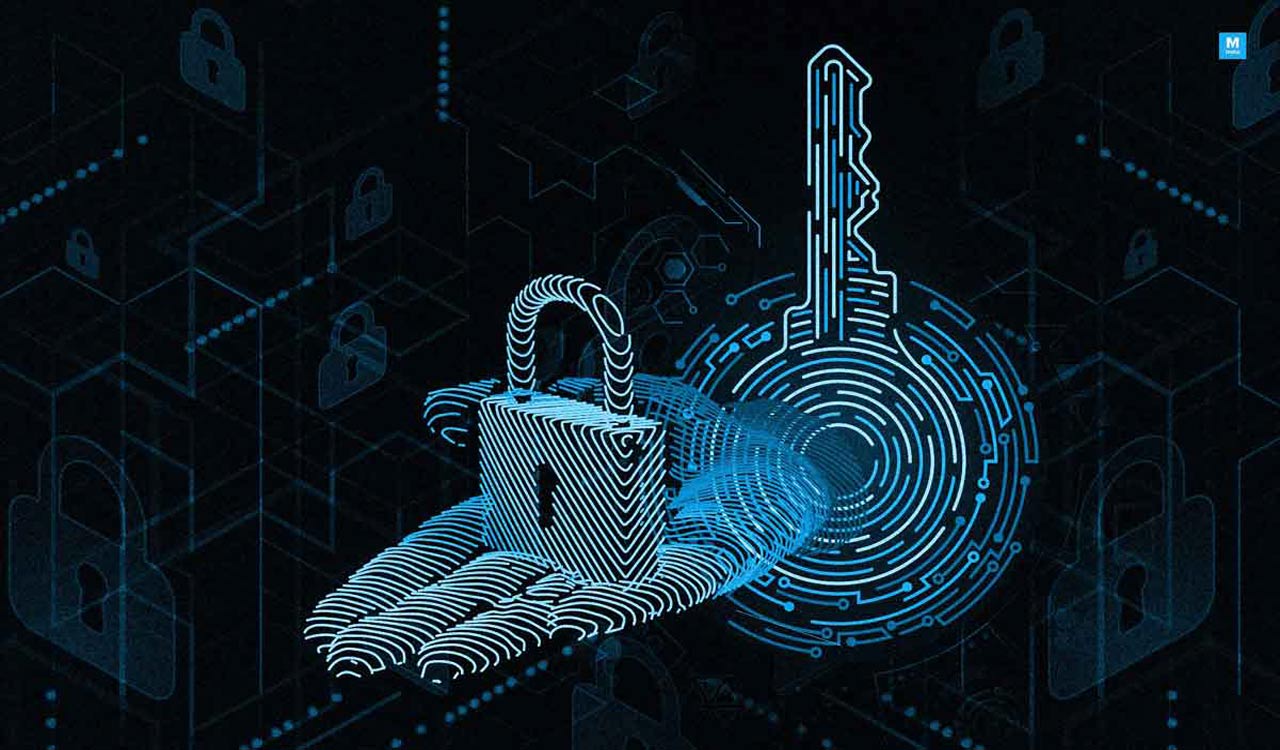
Privacy is not the singular concern of journalists or social activists but of every citizen
Published Date - 11:30 PM, Wed - 1 November 23
In the thick of the election season, yet another snooping scandal, reflecting the new age authoritarianism, has hit the country, raising questions over the conduct of the NDA government. After the Pegasus surveillance scam that left many questions unanswered, now comes another unsavoury episode, this time targeting the iPhones of opposition leaders, journalists and social activists. They all have received a notification from Apple warning them about ‘state-sponsored’ attackers who are remotely trying to compromise their phones. An alarming aspect of the threat notification is that the snoopers are likely to target these individuals because of who they are or what they do. In other words, the critics of the government come under the surveillance radar. The breach of the right to privacy and data vulnerability are back in focus now, with several opposition leaders raising the hacking alarm after receiving the messages on their iPhones. Though these warning messages are not unique to India but have been issued globally, the seriousness of the matter cannot be overlooked. The Centre must clear the air on the allegations of unauthorised surveillance. The attackers backed by governments go after specific individuals and their devices, based on their identity or activities. Such attacks are very different from the ones carried out by regular cybercriminals, who usually target a large number of users for financial gain. At present, there is no judicial oversight of the surveillance operations carried out by the government. There is not even a parliamentary oversight, which is unusual for a country that takes pride in its democratic values.
Privacy is not the singular concern of journalists or social activists but of every citizen. After much prevarication and several false starts, Parliament had, in August, passed the Digital Personal Data Protection (DPDP) Bill but several concerns of the privacy activists remain unaddressed. The key among them is the sweeping powers that it gives to the government agencies in all aspects; accessing personal data in the interest of a loosely defined public interest, exempting government departments in the future from the guardrails of the law and total control over the appointment of the Data Protection Board — an adjudicatory body that will deal with privacy-related grievances and disputes. In 2021, the revelations that governments around the world were using military-grade spyware, Pegasus, from an Israeli company called NSO to eavesdrop on private conversations sent shockwaves. Pegasus can switch on a target’s phone camera and microphone, as well as access data on the device, effectively turning the phone into a pocket spy. In October that year, the Supreme Court set up a technical committee to probe the matter. The fact that the Centre chose not to cooperate with the probe by the Supreme Court-appointed technical committee indicates that it has a lot to hide from the public.





Leave a Reply